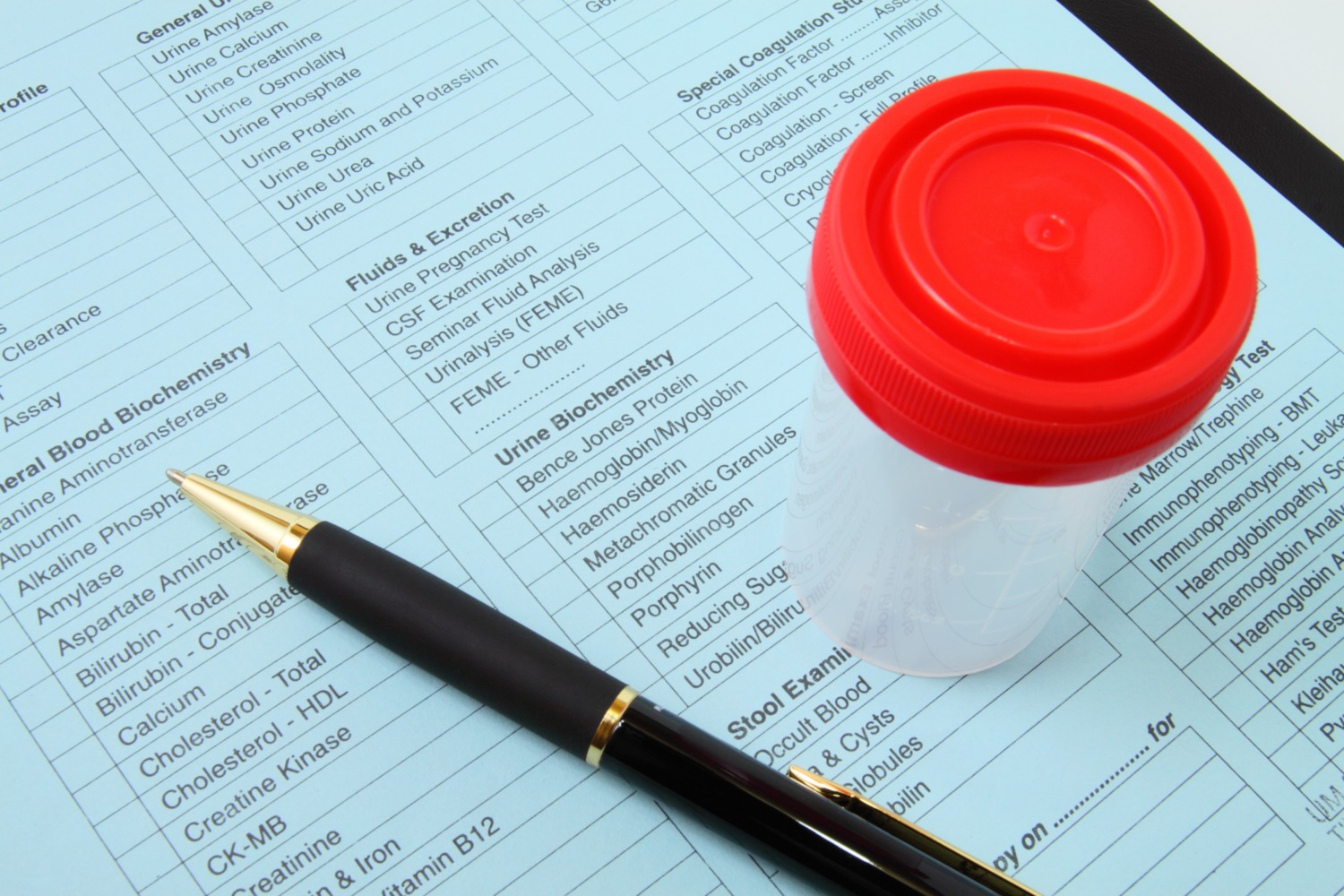Protecting workplace safety is a top priority for employers, especially those overseeing DOT-mandated employees. The transportation industry demands stringent adherence to safety protocols, particularly regarding substance abuse. Read on to learn more about the substance abuse protocols required for DOT-mandated employees, including information about the return to duty process.
DOT Regulations: What You Need to Know
The Department of Transportation (DOT) has established comprehensive regulations to ensure safety and prevent substance abuse among transportation employees. These protocols include pre-employment testing, random testing, reasonable suspicion testing, post-accident testing, return-to-duty testing, and follow-up testing.
Pre-Employment Testing: Before hiring, employers must ensure potential employees undergo a drug and/or alcohol test. A negative result is mandatory before the employee can begin any safety-sensitive duties.
Random Testing: DOT mandates that employees undergo random drug and/or alcohol tests. This unannounced testing is designed to deter substance abuse by stipulating that employees can be tested at any time.
Reasonable Suspicion Testing: If an employer has reason to believe that an employee is under the influence while on duty, they must conduct a reasonable suspicion test. This suspicion must be based on specific, simultaneous, and articulable observations concerning the employee’s appearance, behavior, speech, or body odors.
Post-Accident Testing: Employees must be tested for drugs and/or alcohol following certain accidents. The criteria for these tests are outlined by the DOT and depend on the severity and circumstances of the accident.
The Return to Duty Process
If an employee fails a drug and/or alcohol test, the return to duty process is a critical step in ensuring both the safety of the workplace and the rehabilitation of the employee. This process involves several key components:
Evaluation by a Substance Abuse Professional (SAP): The employee must be evaluated by a DOT-qualified Substance Abuse Professional (SAP). The SAP assesses the situation and prescribes a course of treatment or education.
Compliance with Treatment/Education: The employee must comply with the treatment and/or educational program as outlined by the SAP. This step is vital for addressing the underlying issues related to substance abuse and ensuring the employee is fit to return to work.
Return to Duty Testing: After successfully completing the SAP-recommended program, the employee must undergo a return to duty drug and/or alcohol test. The test must be negative for the employee to be considered for reinstatement to safety-sensitive duties.
Follow-Up Testing: The SAP will establish a follow-up testing plan that includes a series of unannounced tests over a specified period. This period can last up to five years, ensuring continued compliance and safety.
Complying with substance abuse protocols is crucial for maintaining safety in the workplace, particularly for DOT-mandated employees. The return to duty process underscores the commitment to both safety and employee rehabilitation, providing a structured path for employees to regain their positions while ensuring they are free from substance abuse. Looking for a DOT mandated SAP in your area? Contact SAP Referral Services today to learn more.
